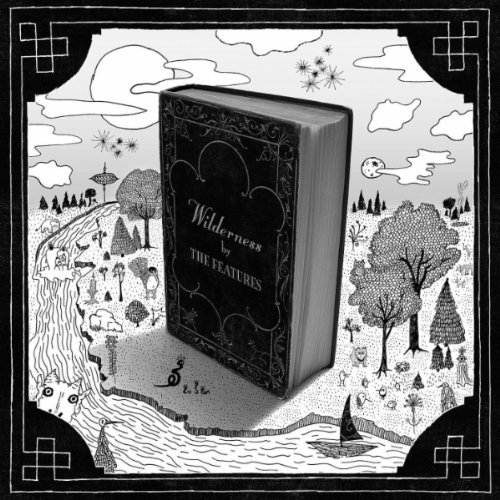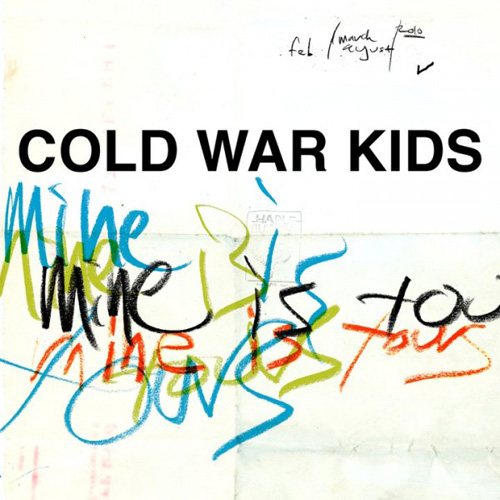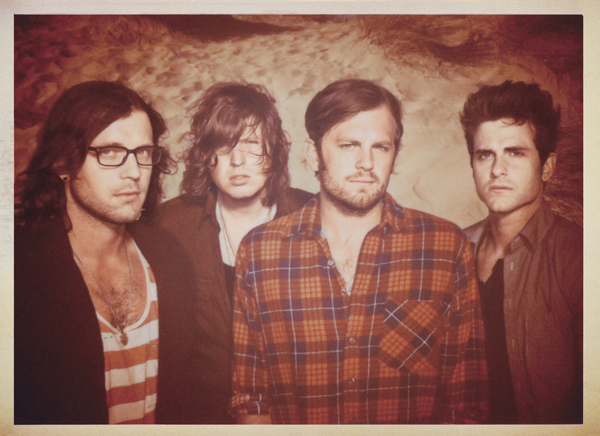When the brothers (and cousin) Followill exploded into public consciousness with “Holy Roller Novocaine,” they embodied the force and the frenzy of a shotgun blast at close range.
Videos by American Songwriter
Label: RCA
[Rating: 4.5]
 When the brothers (and cousin) Followill exploded into public consciousness with “Holy Roller Novocaine,” they embodied the force and the frenzy of a shotgun blast at close range. Blaring, elbows flying, it was the very buckshot and hell-fire intensity that infused rock music with its urgency. Feral. Primitive. Buckwild and ready, this was a band to be reckoned with.
When the brothers (and cousin) Followill exploded into public consciousness with “Holy Roller Novocaine,” they embodied the force and the frenzy of a shotgun blast at close range. Blaring, elbows flying, it was the very buckshot and hell-fire intensity that infused rock music with its urgency. Feral. Primitive. Buckwild and ready, this was a band to be reckoned with.
Like Aerosmith, Thin Lizzy, the Stones, Doors, Zeppelin, Troggs, MC-5 and AC/DC, Kings of Leon understand that swagger + sex drive/carnage = a direct hit of pure adrenalin. Since they’ve arrived, they’ve inhabited their promise with more conviction than many technically more successful acts that are all calculation and no danger.
Only By The Night, their fourth is significant for many reasons. Again, pushing the envelope of what modern rock and roll can mean, it is sonically elegant, abrasive where it needs to be and seeking a higher place in the undulating planes of flesh and squalor.
As much an examination of coming of age amidst the tumble and surreality of music as it is measuring the uncertainties of emerging adulthood in this shifting modern world, OBTN pitches on tides of loneliness, hope, betrayal, desire and realizing commitment to one’s ideals, values and people is what sustains in the eye of the storm.
After adulation, international superstardom, American ennui Caleb Followill throws not just his throat, but his soul wide open-and scrapes every wound, every elation, everything else in between-for vocal performances almost as much catharsis as performances of songs written by the band. As the table-saw guitars careen closer, Caleb’s tortured bleat slices through on “Notion”-and you realize: KOL’s convincing because they’re willing to be full-immersion instead of postured.
Whether the near-taunting rush of lust “I Want You” playing out before you, the Southern boogie-meets-piston punk of “Sex On Fire” or the desolate Springsteen-hint of “Revelry,” this is Steinbeck with tube amps, room for the drums to snap and crackle and the emotions to ripple to the edge of big songs played, even at the shakiest places in the human condition: to kill.













Leave a Reply
Only members can comment. Become a member. Already a member? Log in.